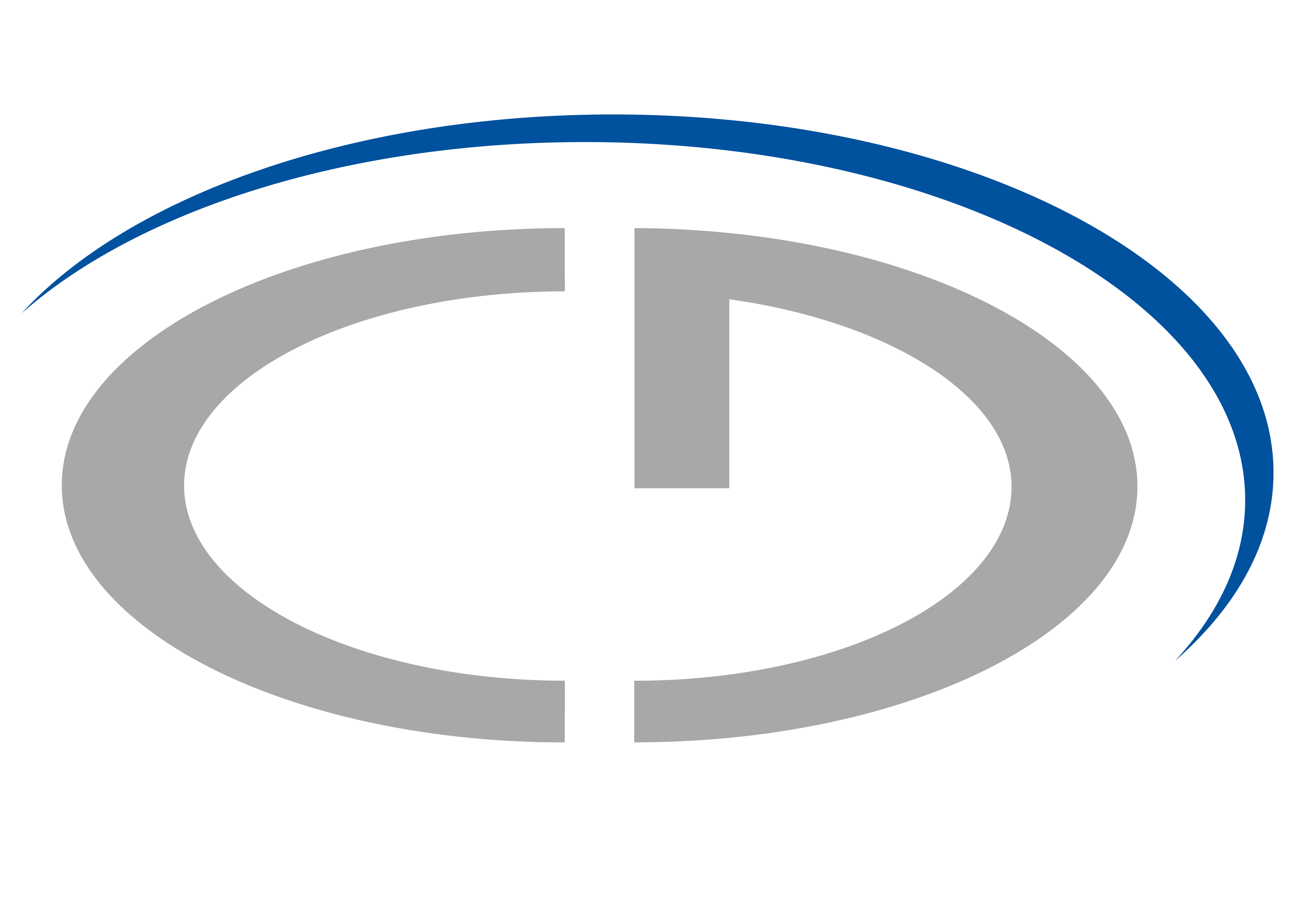Active Projects
Christian Doppler Laboratory for High Performance TCAD | |
| Project Number | 624437  |
| Principal Investigator | Josef Weinbub |
| Scientists/Scholars | Luiz Felipe Aguinsky Christoph Lenz Paul Manstetten Michael Quell Francio Rodrigues Yury Illarionov Petra Kamptner-Jonas Felipe Ribeiro Katharina Zeh Alexander Scharinger Alexander Toifl Georgios Diamantopoulos Lukas Gnam Vito Simonka Silvia Antoneanu Eva Cvetkovic |
| Scientific Fields | 1140 Software-Engineering, 40%
2939 Computerunterstützte Simulation, 30% 2521 Mikroelektronik, 30% |
| Keywords | high performance computing, parallel algorithms, technology computer-aided design |
| Cooperations | Silvaco Group, Inc. |
| Approval Date | 26. April 2015 |
| Start of Project | 31. July 2015 |
| End of Project | 30. December 2022 |
| Additional Information | Entry in CDG Database Laboratory Website |
Abstract |
Computer simulations in the area of technology computer-aided design (TCAD), required for enhancing future electronic devices and processes, are accelerated and improved by compute-efficient physical models to improve the time-to-market period. Together with Silvaco, Inc., efficient parallelization approaches for TCAD tools as well as novel mathematical models - to provide the means to predict cutting-edge devices - will be developed. The initial set of research problems will focus on issues regarding process simulations. Module 1 will deal with parallel algorithms for process TCAD, in particular particle transport involved in plasma etching, silicon oxidation, electroplating transport, and redistancing algorithms required for Level-Set topography simulations. In Module 2, high performance, macroscopic models for the silicon carbide technology, such as oxidation, as well as for the field of epitaxy simulations, aimed at highly non-planar structures, will be developed. |
Kurzfassung |
Computer Simulationen im Bereich des computergestützten Entwerfens, notwendig für die Verbesserung von zukünftigen elektronischen Bauelementen und Prozessen, werden durch berechnungseffiziente physikalische Modelle beschleunigt und verbessert, um die Produkteinführungszeit zu verbessern. Gemeinsam mit Silvaco, Inc. werden effiziente Parallelisierungsansätze für Programme im Bereich des computergestützten Entwerfens untersucht und weiters neuartige Modelle entwickelt, um die Fähigkeit zu erlangen, topaktuelle Bauelemente vorauszuberechnen. Die initialen Forschungsprobleme fokussieren sich auf die Herausforderungen hinsichtlich Hochleistungs-Prozess-Simulationen. Modul 1 wird sich um parallele Implementierungen für Prozess TCAD kümmern, im Besonderen wird sowohl der Partikeltransport, involviert in Plasma Ätzen, untersucht als auch Silizium Oxidation, Elektroplattierungs-Transport und Redistanzierungs-Algorithmen, notwendig für Level-Set Topographie Simulationen. In Modul 2 werden sowohl makroskopische Modelle für die Silizium-Karbid Technologie, beispielsweise Oxidation, als auch für Epitaxie Simulationen, abzielend auf hochgradig nichtplanare Strukturen, entwickelt. |
